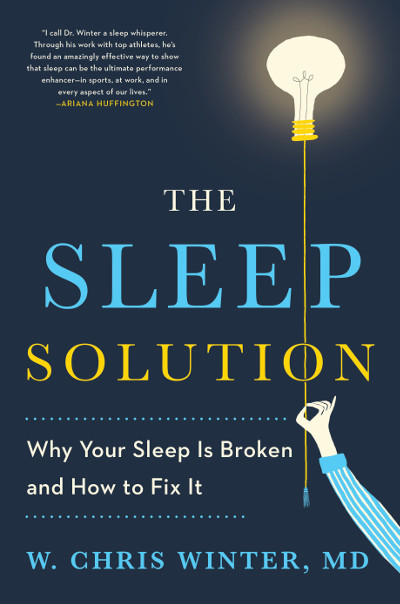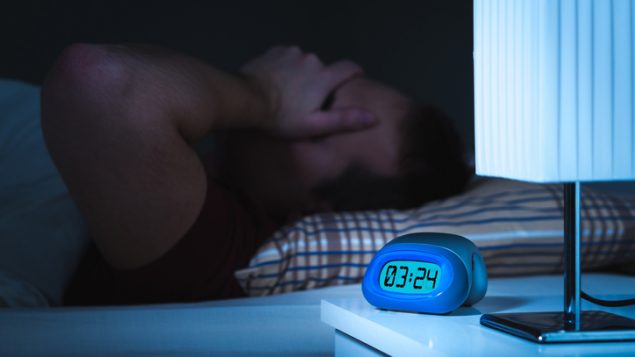Not enough sleep and poor quality sleep are prevalent among Canadian adults, according to government statistics analysed in 2017. A report concluded about one-third of adults sleep fewer hours per night than what is recommended for good physical and mental health.
Poor sleep is associated with problems like obesity, type 2 diabetes, cardiovascular disease, mortality and depression.

It can be tough to sleep when work can reach you at any time of day. (iStock)
Obstacles to sleep abound
“There is more and more…barriers between ourselves and healthy sleep,” says Dr. Christopher Winter, a neurologist, sleep specialist and author of a book about sleep. Among them, he mentions easy access to 24-hour entertainment or news online and all-day availability for queries from work.
There are many different kinds of sleep difficulty and finding out what exactly is the problem is key to finding solutions, says Winter. He emphasizes that medication is not the solution for most individuals.
“(Coming) to the conclusion that ‘I need to take a pill every night to fall asleep,’ I think, is not a particularly helpful or smart way of going about it and I think doctors are starting to understand that not only is that not the right way to deal with that kind of sleep problem but there’s a lot of dangers and inherent risks with medications that we often felt were relatively harmless or didn’t carry addiction risks,” says Winter.

(photo: Jen Fariello Photograph)
Dr. Christopher Winter says finding out exactly what is the sleep problem is key to solving it.
ListenReporting can be inaccurate
A common treatment for insomnia is cognitive behavioural therapy (CBT) which helps deal with the challenges, preoccupation and anxiety over sleep problems. “Let’s get out of the mindset of feeling like we’re in danger of not sleeping. Let’s understand our own sleep problems better,” says Winter. “Because that alone, the understanding of the problem can really ratchet down the fear and anxiety that we have about our sleep which is usually the biggest perpetuating force as to why we’ve had sleep problems for many years.”
Worrying about a lack of sleep is one of the big causes of insomnia, agrees Luc Beaudoin, a professor of cognitive science at Simon Fraser University. He adds that there is a discrepancy between what people report about how much sleep they got and what they actually did get.
In Canada, people who have severe sleep problems may have access to specialized sleep clinics which are part of the publicly-funded health care system.

Dr. Chris Winter says people call his book a thinly-veiled CBT experiment that seeks to help people find the root of their sleep problem and ways to solve it.







For reasons beyond our control, and for an undetermined period of time, our comment section is now closed. However, our social networks remain open to your contributions.